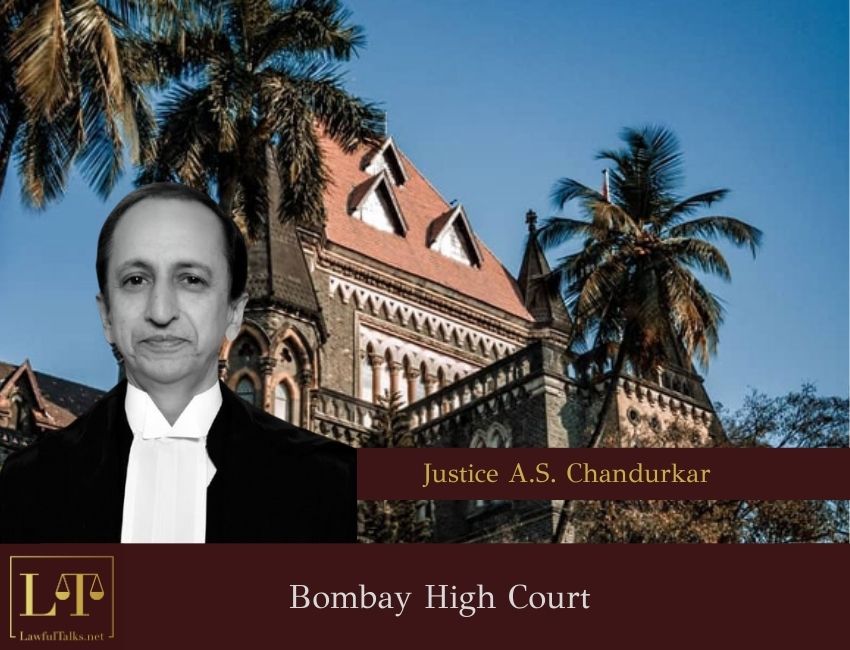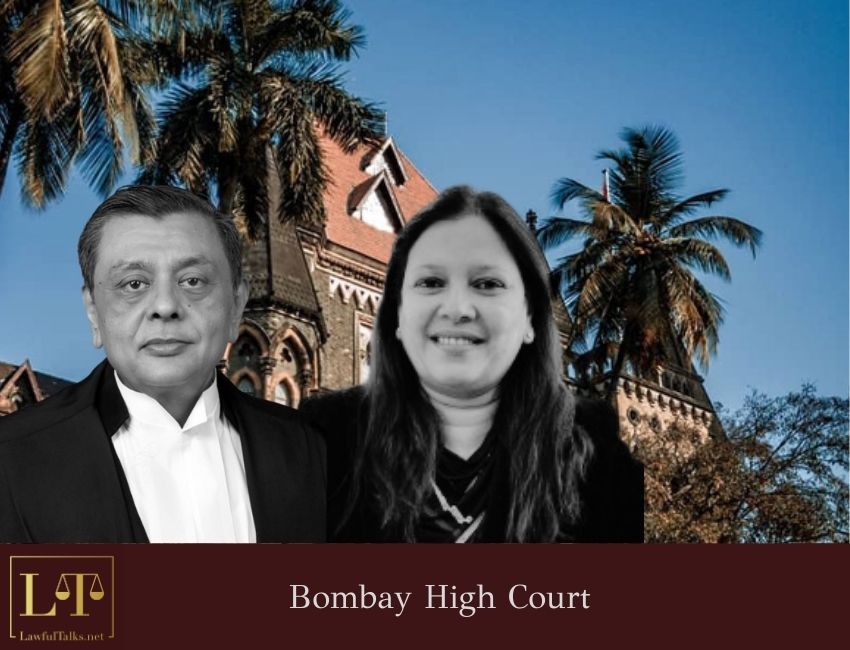Allahabad HC Sets Aside Afzal Ansari's Conviction, Allows Him to Continue as MP

Comedian Kunal Kamra and Others Succeed - Bombay HC Strikes Down Rule 3(1)(b)(v) Under IT Act: A Landmark Verdict on Freedom of Speech and the IT Rules, 2021

In a landmark decision on September 20, 2024, the Bombay High Court’s Third Judge, Justice A.S. Chandurkar, declared the 2023 amendment to Rule 3(1)(b)(v) of the Information Technology (Intermediary Guidelines and Digital Media Ethics Code) Rules, 2021, unconstitutional. This rule empowered the Fact Check Unit (FCU) of the Central Government to flag content as fake, false, or misleading concerning its business. The amendment was contested by Kunal Kamra, the Editors Guild of India, and other petitioners, asserting that it violated the fundamental right to freedom of speech and expression guaranteed under Article 19(1)(a) of the Indian Constitution.
The crux of the issue revolved around Rule 3(1)(b)(v), which mandated intermediaries to take down content flagged by the FCU as false or misleading. The petitioners argued that this provision provided the government excessive power, enabling it to determine what constitutes false information. In doing so, it suppressed free speech and dissent, which are essential to a democratic society.
The petitioners contended that the rule not only infringed upon Article 19(1)(a), guaranteeing free speech, but also violated Article 14, ensuring equality before the law. Moreover, the government could strip intermediaries of their safe harbor protections under Section 79 of the Information Technology Act, 2000, if they failed to comply with the FCU's directives.

Initially, the case was heard by a Division Bench comprising Justice G.S. Patel and Justice Neela Gokhale. A split verdict ensued, with Justice Patel declaring the rule unconstitutional while Justice Gokhale upheld it. The matter was then referred to Justice A.S. Chandurkar under Clause 36 of the Letters Patent of the Bombay High Court.
Justice G.S. Patel struck down the amendment, stating that the government's Fact Checking Unit becomes the sole authority to decide what piece of user-content relating to the undefined and unknowable business of the government is or is not fake, false or misleading.
In his analysis, Justice Patel referred to the Supreme Court’s ruling in Shreya Singhal v. Union of India 2015 INSC 257, where Section 66A of the IT Act was quashed for being vague and overbroad. He likened the two cases, observing that terms like "fake", "false", and "misleading" were undefined, leaving them open to arbitrary interpretation by the government. Justice Patel held that such unchecked power would result in Self-censorship:
“what is provided under Article 19(1)(a) is only the right to freedom of speech and expression and not some “right to the truth”. Free speech on the internet being an integral part of Article 19(1)(a), any restriction on it must conform to Article 19(2). Such restriction must be reasonable.”.
Justice Neela Gokhale, on the other hand, upheld the validity of the 2023 amendment, presenting a contrasting perspective. She observed that the rule was a legitimate exercise of government power to combat the spread of misinformation, especially in the digital age. Gokhale maintained that the rule did not impose unreasonable restrictions on free speech and was focused solely on curbing false or misleading information related to the government's business, which was in the public interest:
"the exemption under Section 79 of the Act of 2000 would cease to operate only if the offensive information as provided in the said Rule affected any restriction under Article 19(2) of the Constitution of India."
Justice Gokhale rejected the petitioners' argument that the rule created a chilling effect on free speech, asserting that the proportionality test was satisfied, as the rule was specifically aimed at protecting public order and national security through the regulation of fake news. She further contended that the rule provided adequate safeguards for intermediaries, as they could seek redress through the Grievance Redressal Mechanism under the IT Rules.
Delivering the final verdict, Justice A.S. Chandurkar concurred with Justice Patel’s reasoning and declared the 2023 amendment unconstitutional. He observed:
“In my view, Rule 3(1)(b)(v) of the Rules of 2021 as amended in 2023 is ultra vires the Act of 2000. Firstly, the amendment of 2023 has not been effected as required by Section 87(3) of the Act of 2000”
Justice Chandurkar also emphasized the vagueness of the rule, noting that there were no clear guidelines provided to define terms such as "fake" or "misleading":
“The word ‘misleading’ can be subjected to various dimensions without any idea being given as to what it would connote”
He further stated:
“Absence of any indication as regards the manner of identifying fake or false or misleading information and there being no guidelines whatsoever in that regard renders the expression “vague or false or misleading” to be vague and overbroad”
The judgment also accentuated the chilling effect the rule would have on intermediaries, which would discourage them from hosting critical or controversial content for fear of reprisal. Justice Chandurkar remarked:
“That there could be a ‘chilling effect’ in view of an anticipated future impact of a provision has been considered in Shreya Singhal (supra)”.
Justice Chandurkar concluded that the rule violated Article 19(1)(a) by imposing restrictions that were not in consonance with Article 19(2), which permits reasonable limitations on free speech:
“The impugned Rule thus created a substantive law beyond the parent statute. No such rule-making power could be exercised beyond the frame of Article 19(2) of the Constitution”
In sum, the Bombay High Court’s ruling struck down Rule 3(1)(b)(v) of the Rules of 2021 as amended in 2023.
Case Details: Kunal Kamra v. Union of India, WP(L) 9792/2023
Advocates for Petitioners: Mr. Navroz Seervai and Mr. Darius Khambata, Senior Advocates with Ms. Arti Raghavan, Advocate instructed by Ms. Meenaz Kakalia
Advocates for the Respondent: Mr. Tushar Mehta, Solicitor General, with Mr. Devang Vyas, Additional Solicitor General, Mr. Rajat Nair, and Mr. Gaurang Bhushan
Advocates for the Intervenors: Mr. Arvind Datar, Senior Advocate (through V.C.), alongwith Ms. Nisha Bhambani
(For more updates, tap to join us on Whatsapp, Instagram and LinkedIn)
Leave a Comment
Asmi Desai
Advocate, High Court
Latest Posts
Categories
- International News 19 Posts
- Supreme Court 326 Posts
- High Courts 339 Posts







































































































































































































































































































































































































































































































































































































































































































